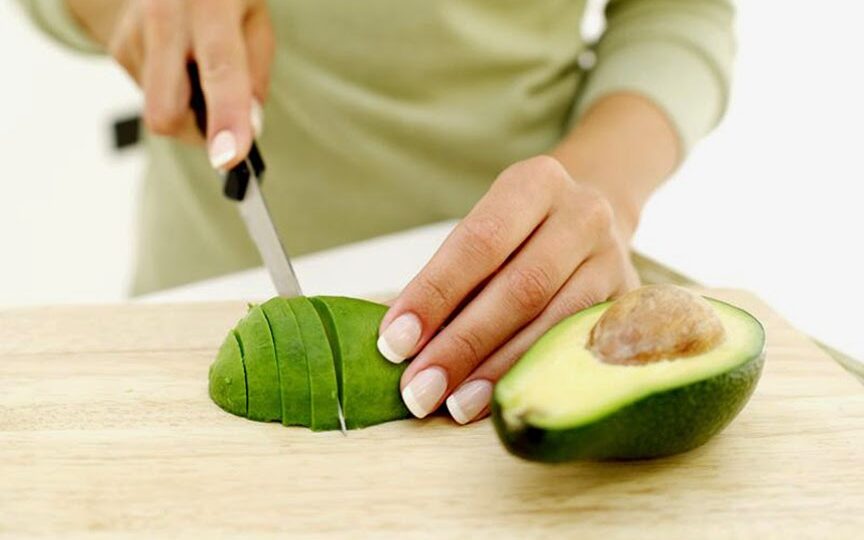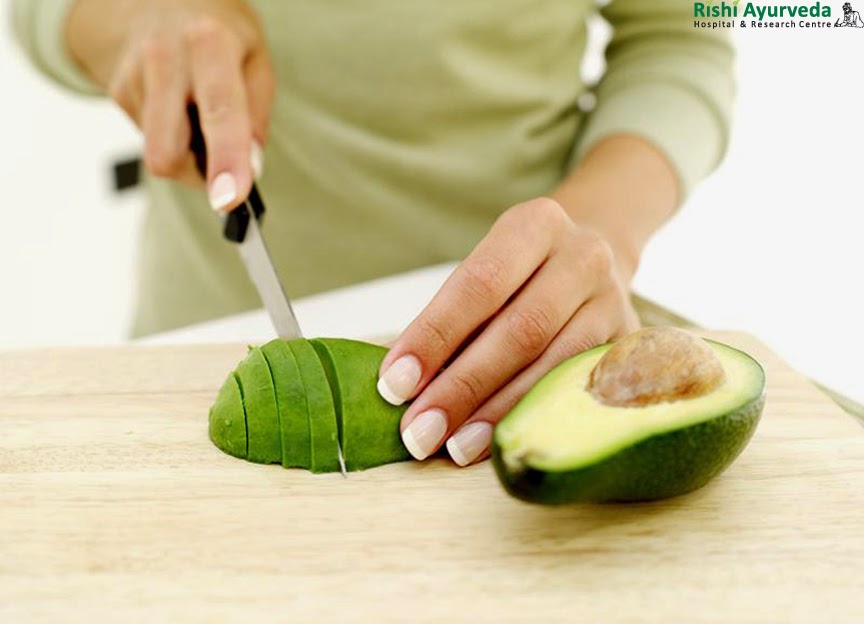Limiting saturated fats in your diet, along with getting regular exercise and engaging in other healthy practices, may help lower the amount of low-density lipoprotein (LDL) in your blood.
Lipoproteins carry cholesterol, fat, and fat-soluble vitamins in your blood.
There are two types:
- Low-density lipoprotein (LDL): High levels of LDL, or “bad” cholesterol, may result in cholesterol deposits in blood vessel walls. This could lead to clogged arteries and an increased risk Trusted Source of heart attacks.
- High-density lipoprotein (HDL): HDL, or “good” cholesterol, helps carry cholesterol away from blood vessel walls. Due to this, it helps prevent the conditions mentioned above.
Your liver produces as much cholesterol as your body needs. Yet several factors may influence these levels, including:
- your family history
- whether you smoke
- a sedentary lifestyle
- heavy alcohol consumption
This article discusses 10 ways to help improve your cholesterol levels.
Focus on monounsaturated fats.
Some people recommend an overall low-fat diet for weight loss, but research is mixed on its effectiveness in managing blood cholesterol, according to experts Trusted Source.
In contrast, there’s strong evidence Trusted Source that a diet high in monounsaturated fats, such as the Mediterranean diet, helps reduce levels of harmful LDL and increase levels of healthy HDL.

Here are a few great sources of monounsaturated fats:
- olive oil
- nuts, such as almonds, cashews, and pecans.
- canola oil
- avocados
- nut butters
- olives
Prioritize polyunsaturated fats, especially omega-3s.
Research from 2018 shows that polyunsaturated fats reduce LDL cholesterol and decrease the risk of heart disease.
Polyunsaturated fats may also reduce the risk of metabolic syndrome and type 2 diabetes.
Omega-3 fatty acids are an especially heart-healthy type of polyunsaturated fat. They’re found in fatty seafood and fish oil supplements, such as:
- salmon
- mackerel
- herring
- deep sea tuna like bluefin or albacore
- shellfish (to a lesser degree), including shrimp
Limit trans fats
Trans fats are unsaturated fats that have been modified by a process called hydrogenation. This makes the unsaturated fats in vegetable oils more stable.
The body handles trans fats differently Trusted Source than other fats, and not in a good way. Trans fats increase LDL and total cholesterol while decreasing beneficial HDL.
Foods that commonly contain trans fats include:
- margarine and shortening
- pastries and other baked goods
- some microwaveable popcorn
- fried fast foods.
- some pizzas
- nondairy coffee creamer
Eat soluble fiber.
Soluble fiber is a type of fiber that is abundant in plants and whole grains. Prioritizing whole grains can help lower Trusted Source LDL cholesterol levels and may have a protective effect against cardiovascular diseases.
Some of the best sources of soluble fiber include:
- oat cereals
- beans and lentils
- Brussels sprouts
- fruits
- peas
- flaxseeds
Exercise
Exercise is a win-win for heart health. Not only does it improve physical fitness and help prevent obesity, but it also reduces harmful LDL and increases beneficial HDL.
The American Heart Association (AHA)Trusted Source advises that 150 minutes of moderate aerobic exercise per week is enough to lower cholesterol levels.
Regular strength training alongside aerobic exercise can provide even more benefits.
Maintain a healthy-for-you weight.
Having excess weight or obesity can increase your risk Trusted Source of developing high cholesterol levels. Losing weight, if you have excess weight, can help lower your cholesterol levels.
Overall, weight loss has a double benefit on cholesterol by decreasing harmful LDL and increasing beneficial HDL. Consider working with a doctor to determine a nutrient-dense diet and sustainable weight management plan that works for you.
Avoid smoking.
Smoking tobacco increases the risk of heart disease in several ways, including:
- increasing LDL
- decreasing HDL
- increasing cholesterol buildup in arteries
- affecting cholesterol transportation and absorption
Giving up smoking, if possible, can help reverse these harmful effects. A doctor can help you create a plan to quit smoking that’s best for you.
Consume alcohol in moderation
Alcohol’s role in providing heart-protective benefits is a controversial topic. According to a 2020 review of studies Trusted Source, some research indicates that when consumed in moderation, alcoholic drinks can increase good HDL cholesterol and reduce the risk of heart disease.
Yet the Centers for Disease Control and Prevention (CDC)Trusted Source and AHATrusted Source disagree. The AHA does not recommend drinking wine or any other alcoholic beverage specifically to lower your cholesterol or improve heart health. Both organizations say there’s no credible research linking alcohol and improved heart health.
If you drink, the CDC suggests you consume only two drinks per day for males or one drink per day for females on days that you drink.
Consider plant sterols and stanols.
Multiple types of supplements show promise for managing cholesterol. Plant stanols and sterols are plant versions of cholesterol. Because they resemble cholesterol, they’re absorbed by your body like cholesterol.
According to a 2018 research review, clinical studies show that taking 1.5–3 grams of plant sterols or stanols daily can reduce LDL concentration by 7.5–12%Trusted Source.
Small amounts of plant stanols and sterols are naturally found in vegetable oils and are added to certain oils and butter substitutes.
Try supplements.
Certain types of supplements may improve cholesterol and promote heart health:
- Fish oil is rich in the omega-3 fatty acids docosahexaenoic acid (DHA) and eicosatetraenoic acid (EPA). However, some fish oil supplements may increase Trusted Source LDL despite reducing triglyceride levels.
- Psyllium is a form of soluble fiber available as a supplement and may help lower cholesterol levels.
- Coenzyme Q10 is a food chemical that helps cells produce energy. It’s similar to a vitamin, except that the body can produce its own Q10, preventing deficiency. Research into the efficacy of coenzyme Q10 in lowering cholesterol is ongoing.
Always work with a medical professional before starting or changing supplement regimens.
10 Natural Ways to Lower Your Cholesterol Levels
Frequently asked questions
What reduces cholesterol quickly?
Several lifestyle changes may help you lower your cholesterol within 30 days, including:
- limiting alcohol intake, if you drink
- quitting smoking, if you smoke
- exercising regularly
- eating a balanced diet
You may also consider taking certain types of supplements. But speak with a healthcare professional before starting or changing your supplement regimen.
What are 5 foods that can lower cholesterol?
Although food companies often advertise products as being low in cholesterol, research from 2018Trusted Source shows that dietary cholesterol has only a small influence on the amount of cholesterol in your body.
That said, some foods high in soluble fibers, omega-3 fatty acids, or monounsaturated fats may help lower cholesterol, including:
- fatty fish, like salmon, mackerel, and herring
- oatmeal and oat cereals
- some oils, like olive oil and canola oil
- vegetables, like Brussels sprouts
- nuts, such as almonds and walnuts.
What are 5 signs of high cholesterol?
Typically, there are no symptoms of high cholesterol. However, signs or symptoms of high cholesterol may include:
- high blood pressure
- areas of swelling around knuckles, knees, or the back of the ankle (tendon xanthomata)
- small yellow bumps near the corner of your eyes (xanthelasmas)
- corneal arcus, a white ring around the iris of the eye
- stroke or heart attack
Do eggs raise cholesterol?
Cholesterol has important functions in the body but can cause clogged arteries and heart disease when it’s not well managed.
If your cholesterol is out of balance, lifestyle interventions are the first line of treatment.
Unsaturated fats, soluble fiber, and plant sterols or stanols can increase “good” HDL and decrease “bad” LDL. Exercise and weight loss can also help.

